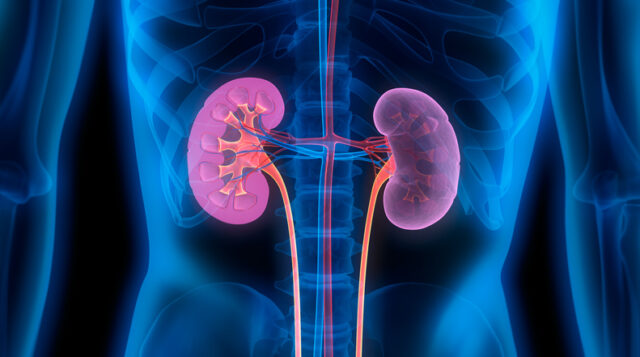Diabetic nephropathy is one of the most common causes of kidney disease. And, given the high rate at which diabetes is diagnosed in India, all kidney-related illnesses are a big source of worry. The Kidney’s primary duty is to filter all wastes and poisons from our blood and eliminate them from our bodies via urine. They also regulate blood pressure and produce some of the hormones that our bodies require. When our kidneys are injured, they are unable to filter our blood, causing toxins to build up in our bodies.
Diabetes is a condition in which the body does not produce enough insulin or does not respond to it properly (develops resistance). Insulin is a hormone that controls how much sugar is in our circulation. Continuously elevated blood sugars in a diabetic’s blood cause damage to tiny blood vessels in their body and impair the operation of several organs. This also harms the kidneys, causing a progressive decline in their functioning and a build-up of toxins in the body. Furthermore, diabetes can harm nerves in the body, making it difficult for certain people to empty their bladder. A bladder that does not drain completely can put strain on the kidneys and lead to urinary infections.
A rise in albumin levels in the urine is one of the first indicators of diabetic kidney damage. Diabetics may experience increased pee foaminess as a result of this. Microalbumin testing in the urine should be done once a year as part of anyone with diabetes’s checkup. Increased blood pressure and weight gain (which might imply fluid retention) are additional signs of diabetes-related renal issues. Some diabetics who previously had normal blood sugars suddenly begin to have low blood sugars, which can be a symptom of renal involvement.







